Purchasing and Supply Management
Global procurement markets and the expansion of supply chain networks are placing ever greater demands on procurement processes. Nowadays, hardly any product is manufactured from products from just one country. This entails an ever-increasing administrative and coordination effort and, above all, rising risks, which are made manageable by digital support from intelligent systems. In addition to the data and information management of network partners, this also includes the optimization of procurement processes using digital technologies such as artificial intelligence and blockchain.
Would you like to find out more about this research area or get in touch with us?
Please feel free to contact the staff or the head of the research area!
Contact us
Current trends
In the future, the tasks of employees at many aggregation levels of the supply chain will change significantly, which will change the skills requirements, especially in the area of purchasing. In addition, business cooperation is based on trust and contracts. Faster and more efficient coordination and handling processes, while maintaining transparency, are required, especially in the dynamic corporate environment. Cooperation and collaboration management along the supply chain is an essential pillar here. The topic of sustainability is also becoming increasingly important in global procurement markets. This is because more and more companies are integrating sustainability into their portfolio as a central component for future business decisions. The resource efficiency of products has become a sales argument in the strongly customer-driven markets. The future shortage of resources is forcing many companies to scrutinize their procurement processes against this backdrop.
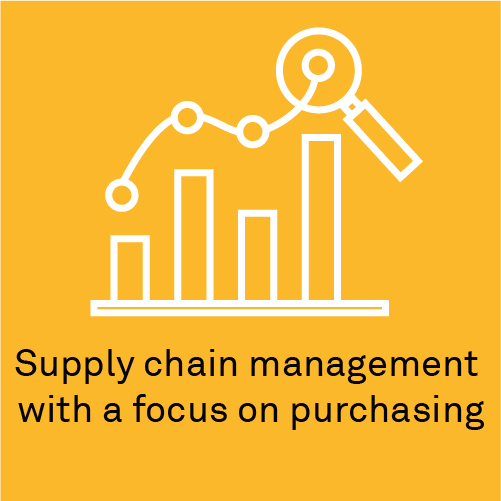
Orientation and research focus
- Efficient process design and automation using digital technologies (e.g. AI and blockchain)
- Development of digital skills (e.g. skills in the field of artificial intelligence)
- Resilience in supply chain management
- Sustainability in supply chain management
Research projects

SKALA
Scalable AI and blockchain solutions in supply chain management.
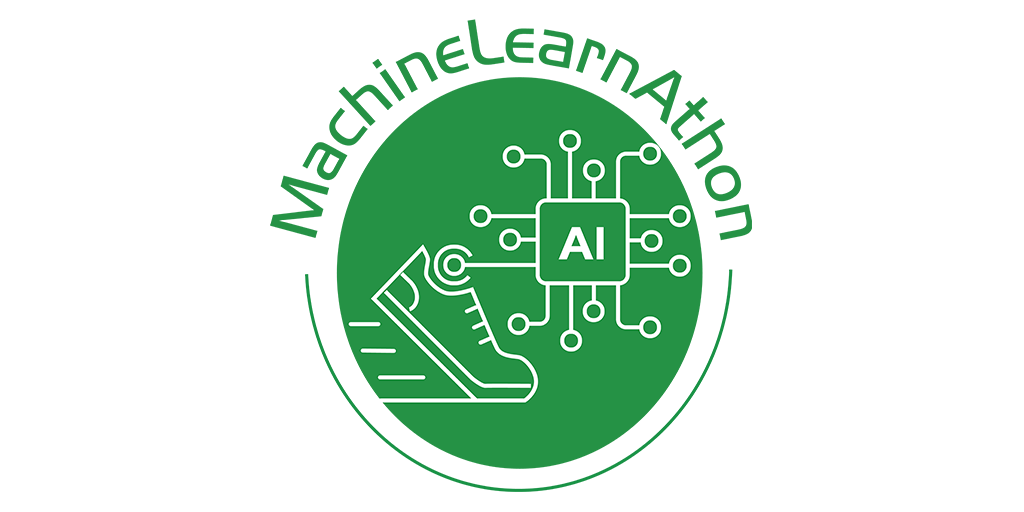
MachineLearnAthon
Development of competencies in the field of machine learning for interdisciplinary teams at universities.
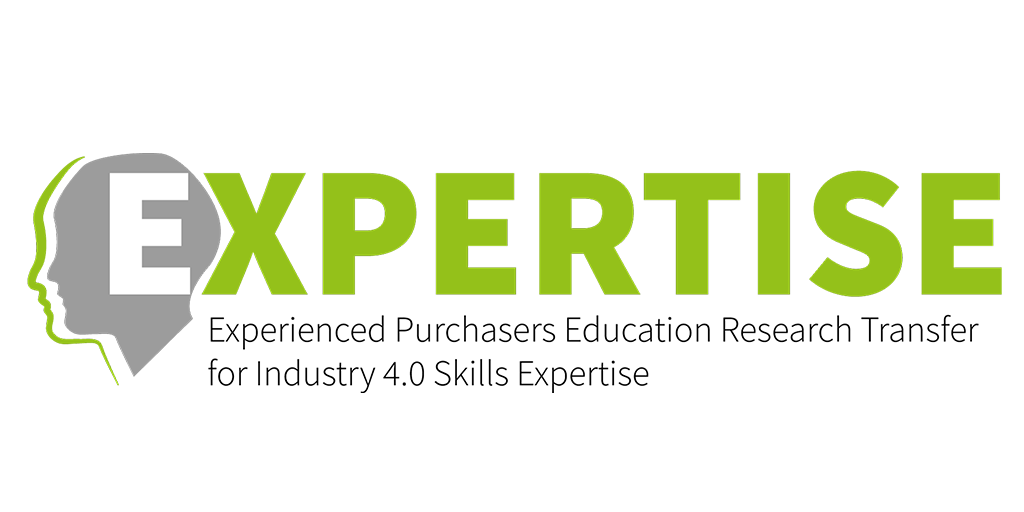
EXPERTISE
Competence measurement and customized learning materials for silver workers in purchasing and supply management.
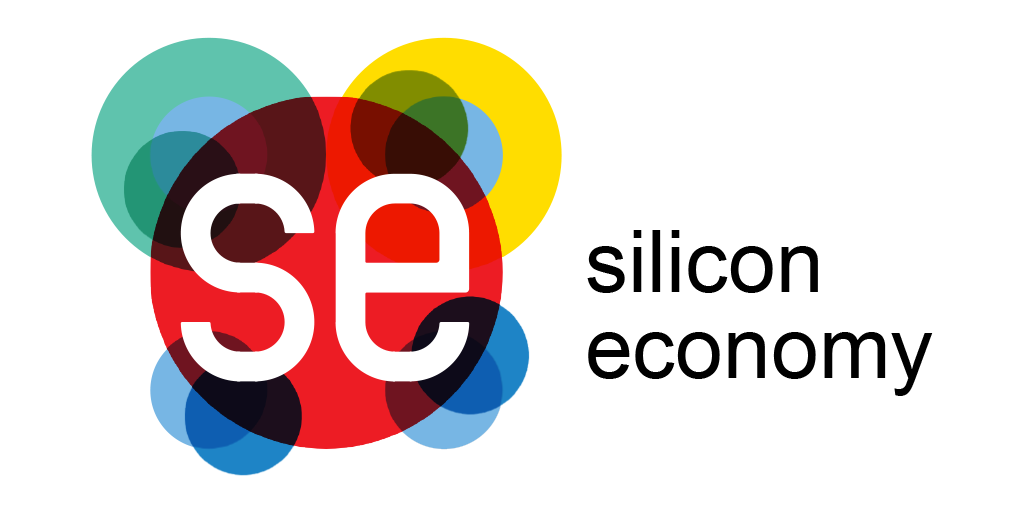
SELE
The new “artificial intelligence ecosystem - the Silicon Economy.
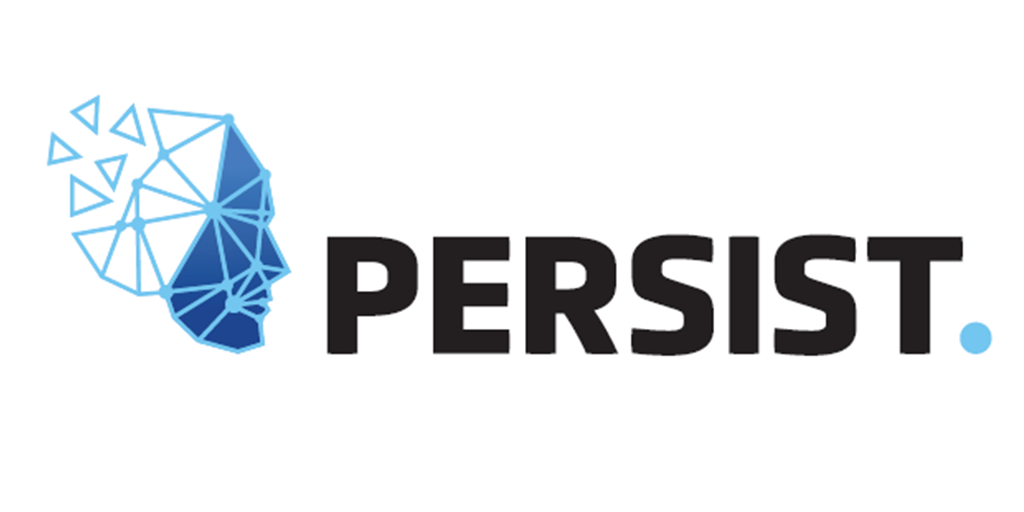
PERSIST
Purchasing Education Research Syndicate: Teaching Industry 4.0 skills.
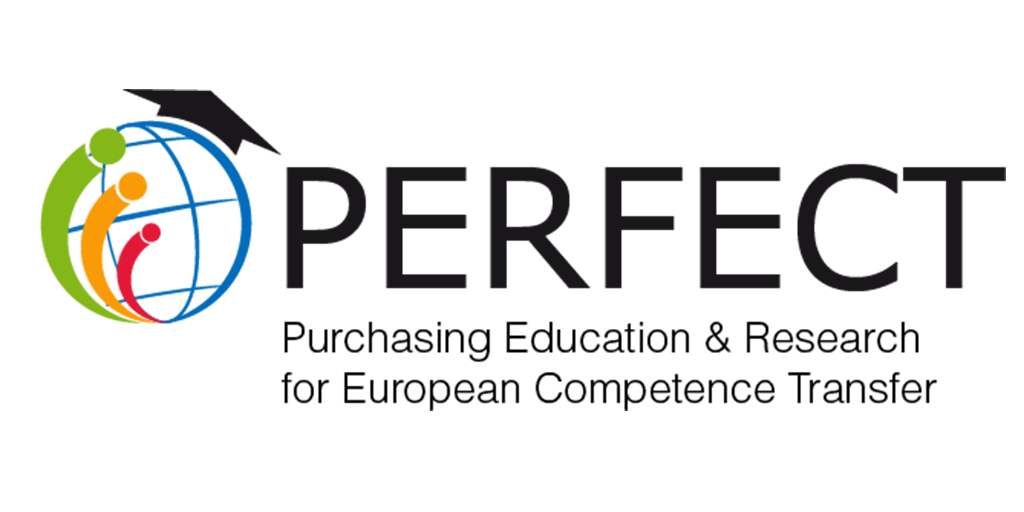
PERFECT
Purchasing education and research for European skills transfer.
News from the research area
Publication of the IO4 white paper in the PERSIST project
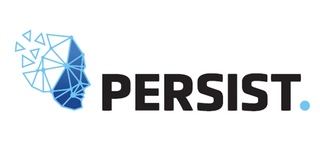
PERFECT is honored as a "Good Practice" project
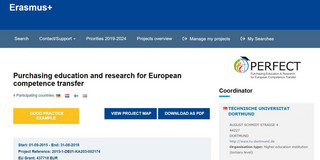
Publication of the IO2 white paper in the PERSIST project

Article "Learning purchasing skills through play" published!
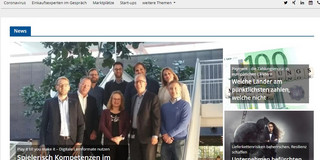
PERSIST despite Corona
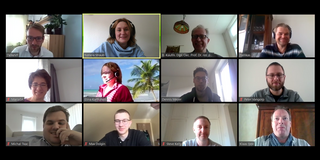
PERSIST at the Global Gallery 2020

PERFECT at the Global Gallery 2020









